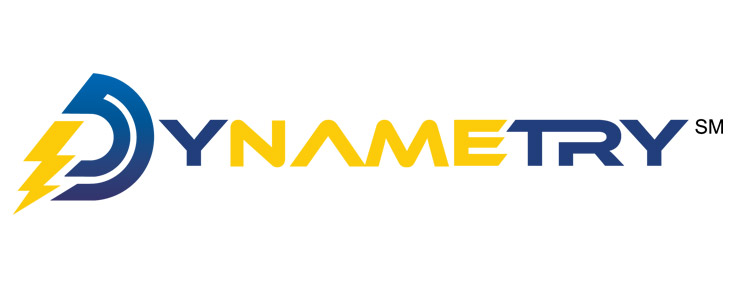Have you ever awaken in the middle of night in a cold sweat with a burning idea? Have you ever woke up in the early morning hours because an idea you have been nursing or cultivating in your mind is pulling at your heartstrings or poking you in your side for an impromptu brainstorm with yourself? I have, and if you are a kindred entrepreneurial spirit you probably have too.
Maybe you have plans or designs on building or developing the next big thing in 2020 or 2021, based on your new artificial intelligence software which you and your team are certain will be a thing of unicorn proportions. Or perhaps you have plans to rock the gig economy with your new startup or cause a ripple with your new platform that connects people with other people and/or things on the social media scene.
No matter what the specific apple of your entrepreneurial eye is—once you have birthed your idea—just like a new born baby—your idea needs a name. These days I don’t know what is in fact harder—naming a new born baby or naming your startup baby! I suspect that the former is easier to navigate than the latter. After all, when naming a new arrival to your family—you usually have an idea about what name or names you are contemplating for the new addition to your family.
Of course when thinking about what to call a new idea, concept, product, business or start-up—the task at hand is most likely more daunting than naming the new apple of your family’s eye. In reality, your new idea naming endeavor could take a few days, weeks or months to reach consensus when there are multiple decision makers providing input and feedback. However, your naming journey doesn’t have to be an exercise in complete or utter futility.
When penning that perfect moniker for your business your naming journey doesn’t have to feel like you are lost in the woods without a compass. For example, if your idea centers on a product–you have a few options in choosing a name. Some entrepreneurs like generic names. Generic names are names that are merely descriptive or your product or service. Examples of generic names include names like: brown shoes, rain coats, leather gloves, smart TVs, sport cars; OK, I think you get the picture. The names listed above are all generic names that describe the products being sold by merchants or by your start-up or business. However, there is another type of name that does not describe your product or service.
Brandable names contrary to popular belief are not generic. Brandable names don’t describe the product or service being sold by a vendor or business. Instead, brandable names usually have little or nothing to do with the actual business of the entrepreneur or company. A few examples of brandable names include: Google, Instagram, Fiverr, Pinterest, Etsy, and Twitter. Dissimilar to generic names, none of the previously identified brandable names communicate to prospective customers what each of these businesses sell or want their prospective customers to buy. Instead, start-ups or businesses with brandable names have to utilize effective marketing, branding and messaging strategies to capture their customers’ attention en route to the exchange of money for the business’ products or services.
So, when brainstorming the perfect name for your big idea it is important to identify your affinity for the two main types of names: generic and brandable. It is also important to decide the type of name that you believe will best communicate your start-up or business’ message to your customers. To highlight this point, if your startup or business sells shoes—perhaps a generic name like Blue Suede Shoes might be a good name, assuming at least some of the shoes in your inventory are blue suede shoes.
On the flipside, if your company sells shoes and donates a portion of the sale of each shoe to poor children in Third World countries, maybe a generic name like Life Shoe, or Shoe Up might be a better choice. However, on the other hand, you might choose a brandable name like: Zazzle, Calypso, or Kalimba. The point here is that once you give birth to your proverbial million dollar idea—that idea needs a name. The question in the final analysis is: what type of name are you going to choose?


Recent Comments